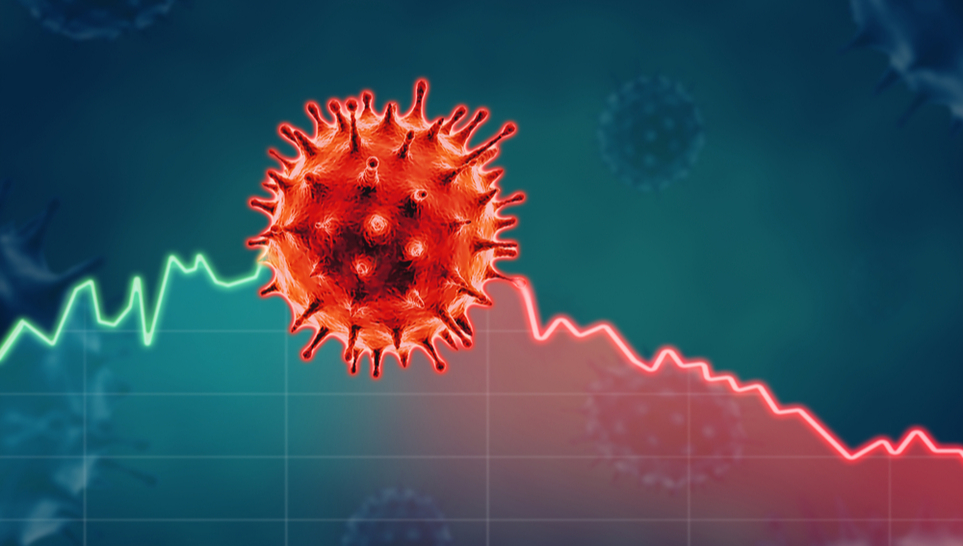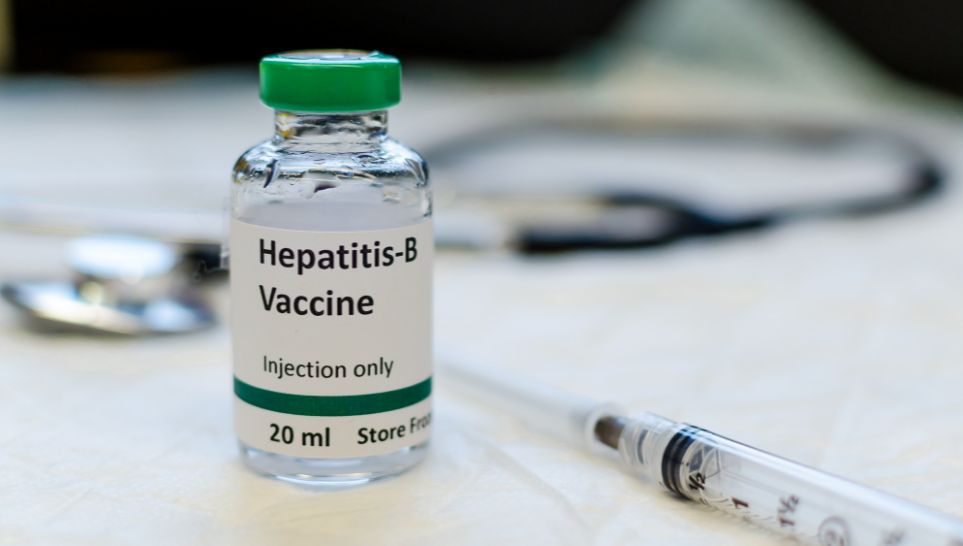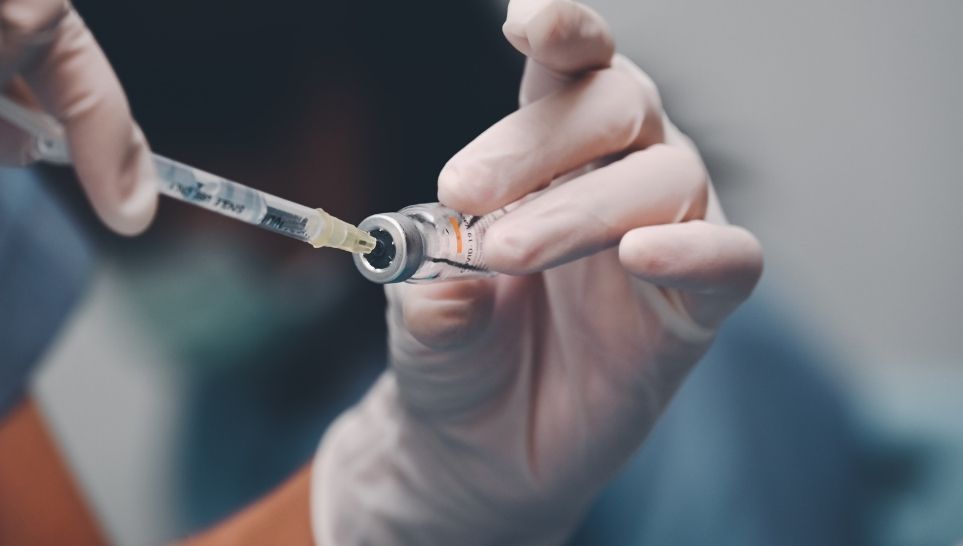Overview of Guillain-Barre Syndrome
Guillain-Barre Syndrome (GBS) is an autoimmune disease that causes inflammation and damage to the nervous system. GBS is uncommon, occurring in less than 1 in 50,000 people. It is not typically fatal, and many people eventually recover. However, roughly 3% of patients with GBS will die from the disease, and people who do recover may suffer lingering effects such as numbness and weakness.
The varying symptoms and subtypes of GBS pose challenges for diagnosing and treating the disease. In the United States, most GBS patients develop Acute Inflammatory Demyelinating Polyradiculopathy (AIDP). AIDP causes acute damage to the myelin sheaths that surround the peripheral nerves. The decreased ability of the nerves to transmit information results in weakness and numbness.
GBS also has two other key variants, though the strains exist more frequently in Asia and usually arise from Campylobacter jejuni infections. The variants include Acute Motor Axon Neuropathy (AMAN) and Acuate Motor and Sensory Axon Neuropathy (AMSAN).
AMAN involves damage to the axons of motor neurons specifically, while AMSAN targets sensory neurons as well.
The Causes of Guillain-Barre Syndrome
Experts do not yet fully understand the cause of the syndrome, but the immune response to an infectious agent seems to be a trigger. Many people who develop GBS do so after infection, vaccination, or surgery.
Symptoms of Guillain-Barre Syndrome
Symptoms of GBS relate mostly to impaired nerve conduction and include:
- Weakness
- Paralysis
- Pain
- Tingling
Symptoms tend to start at the feet and legs and work their way up through the arms and hands. The disease affects the facial nerves as well, causing problems with eye movements, vision, speaking, chewing, and swallowing.
The debilitating symptoms of GBS lead to a risk of falls, choking on saliva, pneumonia, and other complications. Patients with GBS often need supportive care, hospitalization, and intensive therapy for an extended period.
Tests for Guillain-Barre Syndrome
Blood Work
In many cases, patients with GBS have normal blood test results. Nevertheless, the tests help doctors determine if the patient has GBS or another condition that could be mistaken for the autoimmune disease. Often, other conditions will produce abnormal values, such as elevated white blood cell counts, that allow doctors to rule out GBS.
Reflexes
If your doctor suspects GBS, they will administer simple reflex tests, looking for weakened or absent reflexes.
Lumbar Puncture
A lumbar puncture can find proteins in cerebrospinal fluid, one of the Guillain-Barre Syndrome diagnosis criteria.
Testing Neurophysiological Function
Electromyography (EMG) measures the conduction of signals through nerves to the muscles. Demyelination of nerves in the arms, legs, and face result in weakened and delayed transmission of signals that electromyography can detect.
Guillain-Barre Syndrome Diagnosis Criteria
The diagnosis of GBS is difficult because patients do not always show the same symptoms. No one case of GBS necessarily meets all the Guillain-Barre Syndrome diagnosis criteria for the disease.
As a result, claims about GBS as a whole might not hold true for individual patients. Discuss any potential GBS diagnosis with your doctor and a neurologist or physical medicine specialist who knows your medical history.
Some patients have normal reflexes, while others show impaired reflexes. Some cases affect only the arms or the legs, while some affect other parts of the body as well. Problems with basic functions such as controlling heart rate and breathing are less common but life-threatening, causing death in up to 1 in 10 patients with GBS.
Almost all patients diagnosed with GBS have some nerve impairment. Most show an increase in the level of proteins in their cerebrospinal fluid. The disease worsens and plateaus within the first few days or weeks of symptom onset. In most cases, symptoms gradually improve afterward, to the point where most patients regain the ability to walk after six months.
In a recent article in American Family Physician, doctors at the University of Kansas School of Medicine have proposed six Guillain-Barre Syndrome diagnosis criteria, including:
- Neurological impairment that affects both sides of the body and face
- Reduced or absent reflexes, usually starting in the legs
- Facial weakness and difficulty with facial movements
- A peak in symptoms after a few weeks of onset
Another recent article outlined a 10-step diagnostic procedure for GBS. The first two steps, suspecting GBS and diagnosing GBS, include the following process:
- Look for the Guillain-Barre Syndrome diagnosis criteria listed above
- Rule out other causes
- Conduct blood work
- Test cerebrospinal fluid for signs of infection
- Conduct neurophysiological tests, such as nerve conduction tests, to check for demyelination
Ruling Out Other Conditions Before Diagnosing GBS
It is important to investigate and rule out other conditions before diagnosing GBS. Most cases of GBS do not cause an increase in the level of white blood cells in the cerebrospinal fluid. If a lumbar puncture reveals these cells, the symptoms might result from a different cause, such as an infection.
Doctors should also perform toxicology tests for the presence of neurotoxins–such as diphtheria toxin and botulism toxin–that could produce muscle weakness and paralysis. Other toxins, such as lead, also result in neurological impairment, so doctors should rule them out before diagnosing GBS.
Guillain-Barre Syndrome and COVID-19

Researchers have not yet found a conclusive link between GBS and infection with SARS-CoV-2, the virus that causes COVID-19. However, research shows that the immune response to the virus can lead to some forms of neuropathy. Like GBS, the disease can cause peripheral tingling, pain, and muscle weakness.
Guillain-Barre Syndrome and Other Diseases
Evidence suggests that infection from other diseases can precipitate GBS, possibly by triggering an immune response. These diseases include:
- Hepatitis
- HIV
- Influenza
- Zika
- Campylobacter jejuni, a foodborne illness
Each case of GBS is unique, and GBS can occur without a known prior infection. However, it is important to stress that GBS is rare, and the vast majority of infections do not result in GBS.
Guillain-Barre Syndrome and Vaccines
Vaccines work by triggering an immune response against components of infectious agents that the shots should protect you from. However, like actual diseases, vaccines against diseases can sometimes trigger GBS, though the question of whether vaccinations actually do cause GBS is a matter of debate.
A recent study in the journal Clinical Immunology found that 0.18 out of every 100,000 people who received the first dose of the BNT vaccine in Mexico developed GBS. Isolated case studies in the literature document cases of GBS following doses of the Pfizer and Moderna vaccines.
More generally, it is not clear whether getting a vaccine increases your risk of developing GBS. Certainly, people have developed GBS after getting a vaccine, but the key question is whether they are more likely to do so compared to the general population.
A recent study in the European Journal of Epidemiology involving over 5,000 participants who had received various vaccines showed no evidence of increased risk of GBS following a vaccine.
Studies following the influenza vaccine show mixed results, with some studies reporting increased risk of GBS and others failing to find evidence of increased risk. For example, a notable study in 1979 examined the 1976 swine flu vaccine.
The study showed that 1 in 100,000 people who received the vaccine developed GBS. Although this rate is comparable to the number of diagnoses in the general population, the timing of the disease occurrences suggests a possible link between the vaccine and GBS.
According to the CDC, over 40 million people received the flu vaccine that year, meaning that over 400 people developed GBS afterward. This led to delays in the flu vaccine program and cost the government millions in pay-outs to people affected by neurological diseases after getting the vaccine.
However, even if the risk is relatively small, the large number of people who get the flu vaccine every year means that even a slight risk of GBS could lead to dozens or hundreds of cases nationwide.
The unquestioned benefits of vaccines cannot justify ignoring people with valid medical conditions who develop an immune response to the shots. If vaccine manufacturers take their commitment to public health seriously, they must take responsibility for the side effects as well as the good they have done.
If a Vaccine Gave You Guillain-Barre Syndrome, We Can Help

The very low risk of developing GBS does not outweigh the clear benefit of vaccines for most people. However, if you develop symptoms that meet the Guillain-Barre Syndrome diagnosis criteria shortly after a flu vaccine, COVID vaccine, or any other vaccine, we understand that you want to understand the root cause of your condition and seek compensation if someone else’s actions caused your injury.
At Sadaka Associates, our team advocates for patients who meet the multiple sclerosis, transverse myelitis, and Guillain-Barre Syndrome diagnosis criteria. We have fifteen years of experience with vaccine personal injury cases, and we’re willing and ready to listen to your experiences.
We’ll do our best to represent your case in court and work to hold others responsible for your condition. For a free consultation with one of our experienced attorneys at Sadaka Associates Vaccine Injury Help Center, call 1-800-810-3457.
Sources:
Chen, Y., Zhang, J., Chu, X., Xu, Y., & Ma, F. (2020). Vaccines and the risk of Guillain-Barré syndrome. European journal of epidemiology, 35(4), 363-370.
García-Grimshaw, M., Michel-Chávez, A., Vera-Zertuche, J. M., Galnares-Olalde, J. A., Hernández-Vanegas, L. E., Figueroa-Cucurachi, M., … & Valdés-Ferrer, S. I. (2021). Guillain-Barré syndrome is infrequent among recipients of the BNT162b2 mRNA COVID-19 vaccine. Clinical Immunology, 230, 108818.






